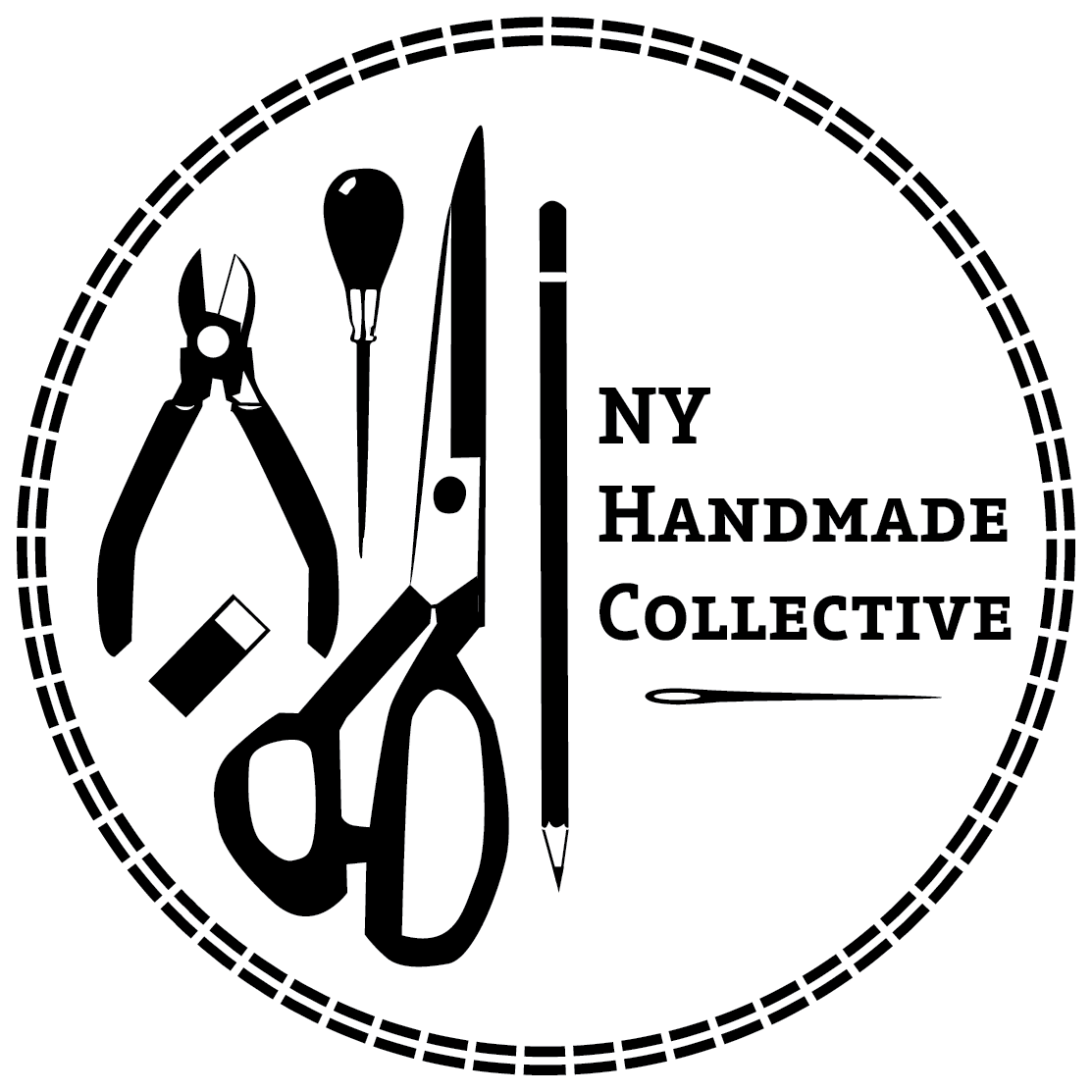Anticipating "Hello Etsy"
Readers, I am bummed that this post comes days before “Hello Etsy”- the global conference on Sustainability and Small Business coordinated
by Etsy Berlin. I have been following the development of this conference
since the initial announcement last year and am extremely excited!
In the beginning, details were shared
as they came out and the only way to learn about the event was to sign
up for their updates by email (which I did, even though I knew I could not fly
to Berlin for the conference). You can imagine my happiness upon learning that Etsy was
going to host it on a global scale with live streaming online and events in
their offices, such as here in Brooklyn. You can get all the details from my
fellow blogger, and {NewNew}er, Simone’s posting
last Friday.
Now, why the excitement? Well because some of the topics are
exactly what I think the “crafting” and “handmade business” community need pay attention to. Often conferences and seminars are structured for individuals
just getting their business off the ground or interested in maneuvering through
social media and online sales. I
am by no means complaining about that; that information is just as vital. But
equally as important to a new business is creating a sustainable platform that will help develop and grow it over time, not just with the need of the owner, but of
the clients, community, and global market.
Sustainable business is not
just something for large corporations, nor should it ever be "trendy" or "to do"; it is for every business-large, small,
old and new. It requires focus and strategy.
As a matter of fact,
it is a common (and not quite truthful) misconception that “crafting” and
“handmade business” people are a bunch of older stay-at-home moms or individuals who want extra cash or the flexibility to stay at home with
their children. While many do want that flexibility, the reality is that there are a lot of people
(of all ages and backgrounds) who are artists and talented individuals who want
to make a difference and contentment in their daily lives. Many are tired of the status quo, the way big business operates and are looking to not just be unique, but to really change the way we think of our environment and our consumer behavior.
I mean,
honestly, if you have to work for a living, you might as well work on something
you love and are passionate about, right? I think so. This sentiment is part of
a sustainable business core. It is a piece of the fire that lights you up and
it blazes a path, sometimes that you had no idea was opened for wandering.
I know that personally, my business would not be anything
without my environmental concern. For example, I don’t wrap my products in
plastic. A lot of vendors wrap their items, especially specialty, dainty and/or
extremely detailed pieces that they don’t want ruined. Knowing that I don’t even know how to
recycle those plastic wraps, I can not assume that my customer will know how to
recycle them (if they are even recyclable). Which is why I’ve chosen to completely nix them from my wrapping. I use
paper items, recycled paper, especially Kraft brown bags and ribbon that I
usually cut off from fancy shopping bags- all things that can be reused.
I am aware that I could probably find recycled plastic wrappings or compostable even, but at this point I don't have the additional funds to afford that expense, so I'm doing what I can do that is the least hurtful to the environment. I don't expect everyone to think this way, although I do believe that a lot of artists out there are thinking in this same way (I have quite a few that I'll be interviewing in the coming months). If they weren't, Etsy would not be hosting a sustainability conference!
However we do still have a long ways to go. As small business owners, we don't always have the means to be considerate or to go about creating a strong sustainable core. It can be costly and so we often look for ways to cut
costs, save money, and still deliver a high quality product. Sometimes those things can be and are at odds of each other.
If I hadn’t had
“sustainable business” in my mind from the beginning, I might not know how to
address the desire to have a business that is sustainable from the core. Which
is why I’m glad to see Etsy delve into this topic.
Last night, I attended a viewing of the exhibit, "Fiber Futures: Japan's Textile Pioneers" (it runs through Sunday, December 18th) at the Japan Society. As I walked through the exhibit, I got caught in this small room with multiple hanging items as you see in the photo above. At that moment, this posting clicked in my mind more than before. The artist, who was on hand and explained her hand process to me, wants the visitor and viewer to reflect on perception of space and environment. When we see ourselves, we also see the green of nature-we have always been intertwined, but it is more of a reality now than most people think.
The future is greener and brighter and with more resources available to crafters, handmakers, artists, and Etsians, it will only become more so. My next posting will highlight tips and comments from the seminar, but especially the sessions dealing with more “sustainable” and “eco” topics such as: “Greening Your Office for Beginners” with Kate Houstoun and Jared Lucas and “Panel: The Challenges of Sustainable Design in a Local Ecosystem” with Laetitia Wolff, Emily Abruzzo, Erika Doering and Victor Lytinenko.
If you are not able to attend, I highly recommend and
encourage you to watch as much as you can via live streaming.
Sara//


